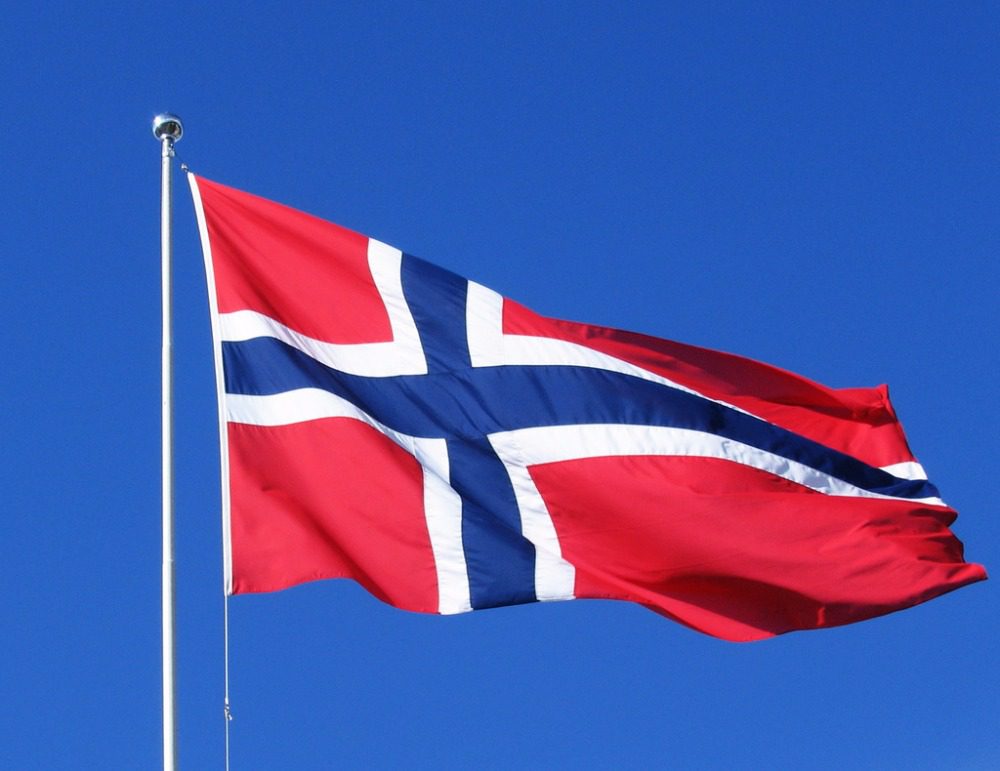29 November 2016
The NFFO met recently with a large delegation from the Norwegian Seafood Alliance, which is currently in London on a fact finding visit. The UK’s impending departure from the EU was top of the Norwegian’s list of topics for discussion in London. The Alliance, which includes the Norwegian Fishermen’s Association, fish sales organisation, processors and fish farmers, is eager to try understand the changes that Brexit might bring.
Accepting that there remains a huge amount of uncertainty about what form Brexit will finally take, the NFFO was able to spell out the UK’s catching sector’s aspirations for resetting UK fisheries, post-CFP, in a way that cancels the distortions that have systematically disadvantaged our fisheries since the origins of CFP in 1972.
It was clear from the meeting that the Norwegian industry wants a positive, mutually beneficial relationship with the UK after it leaves the EU. Norway has a reputation for being a tough negotiator but it was clear that the Seafood Alliance believes that there is scope for a broad agreement that embraces mechanisms for jointly managing shared stocks, mutually agreeable quota shares and open access to markets.
The discussions included the extent to which the Norwegian experience, as a country which controls its own marine resources but also shares stocks with other countries, could be relevant to the UK. It was agreed that much could be learned from Norway’s successful resource policies and approach to discards but that there were also differences that mean that the Norwegian model could not, and should not, be followed slavishly.
The Norwegians, as well as the the NFFO, are interested in achieving a high degree of continuity in our relationship, albeit within a radically different context in which we will both have much more room for manoeuvre. The Alliance stressed the great advantages in the kind of close collaboration that exists between the Norwegian fisheries authorities and Norwegian Fishermen’s Association. Norwegian fishermen are closely involved in international negotiations, as well as in formulating domestic policy. This gives a strength through technical understanding, as well as building industry support for fisheries policies that is a million miles away from the CFP’s remote, top-down approach.
The UK as a whole, from catchers to chip shops, benefits enormously from access to Norway’s huge cod fishery in the North East Arctic; and Norway benefits from unfettered access to EU markets. How to maintain a mutually satisfactory arrangement, as the UK disentangles itself from the EU, will be the focus of future talks.
This was an important first exchange between our two sectors within the radically new context that will emerge post-Brexit. It will not be the last. By virtue of geography, shared stocks and trade links, Norway will always be an important partner for the UK in fisheries. The scene is therefore set for the opening of a new chapter in that relationship – and in that sense, this meeting can fairly be labelled historic.

